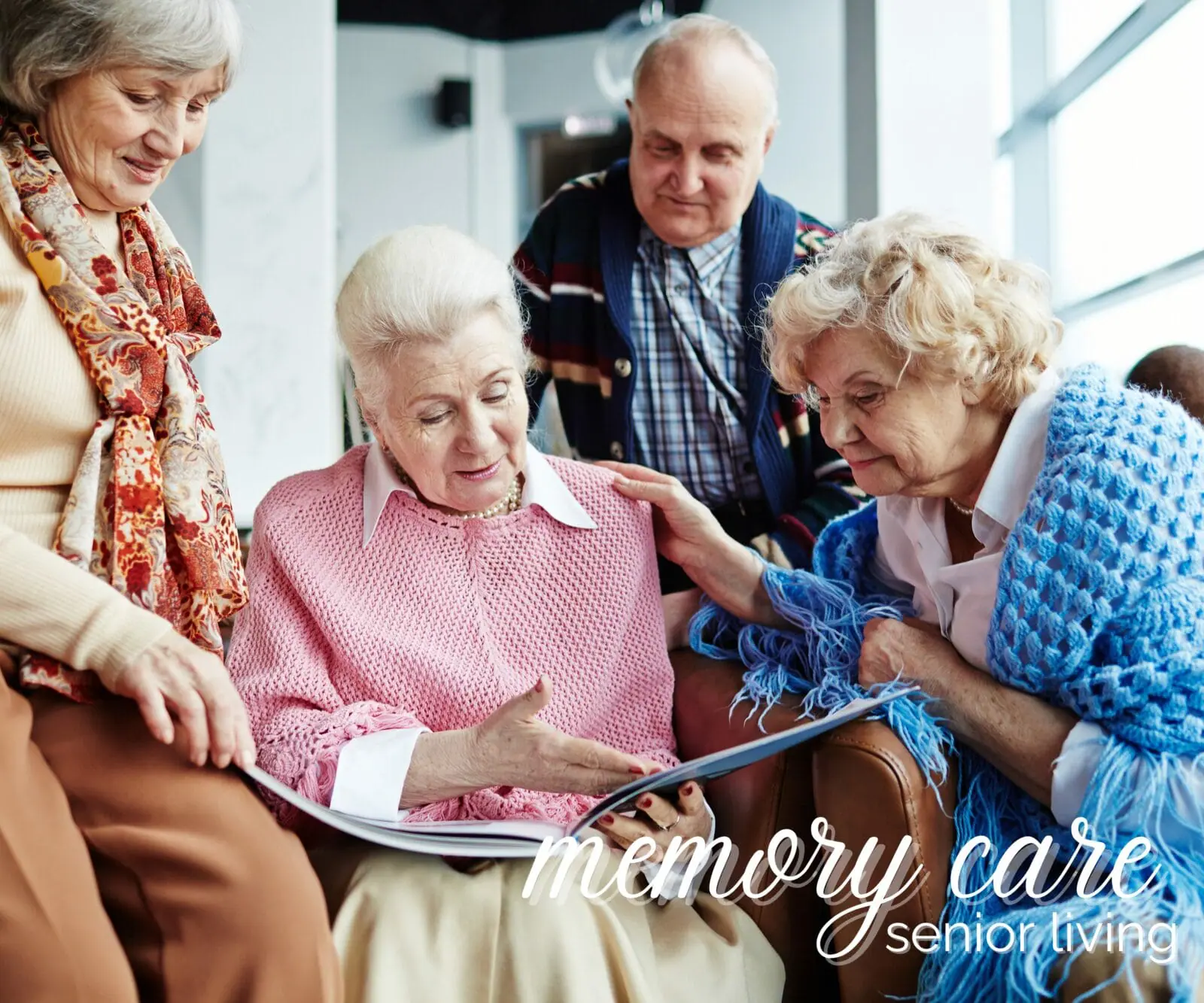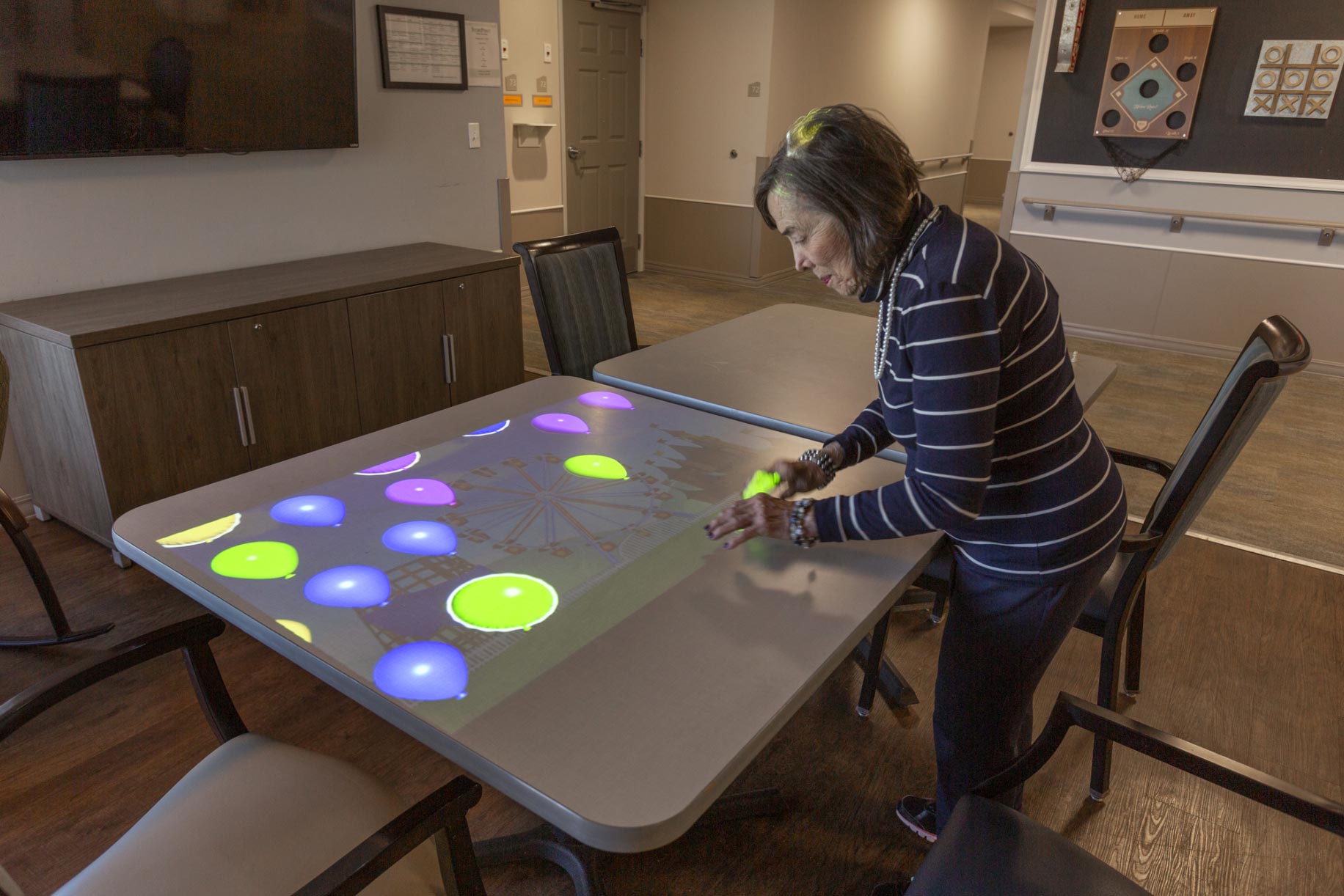Creating Safe and Comfy Spaces with Alzheimers Care Charlotte Programs
Wiki Article
Developing a Safe and Helpful Environment for Alzheimer's Treatment
The development of a encouraging and safe atmosphere for individuals with Alzheimer's is paramount in improving their high quality of life. Exploring these multifaceted techniques can expose important understandings into effective caregiving techniques that may change the daily experiences of both caregivers and clients.Recognizing Alzheimer's Needs
Often, individuals with Alzheimer's condition display a range of demands that need tailored approaches to care. As the condition progresses, cognitive decline shows up in numerous ways, influencing memory, reasoning, and even the capability to do day-to-day activities. Caregivers must identify these evolving requirements to supply proper support and guarantee a better of life for those influenced.One critical facet of recognizing Alzheimer's requirements is recognizing the importance of regular and experience. Individuals typically find convenience in well-known patterns, which can lower anxiousness and confusion. Caregivers must aim to create organized everyday schedules that incorporate purposeful tasks aligned with the individual's abilities and passions.
Additionally, reliable communication is paramount. Individuals with Alzheimer's might have a hard time to express themselves or comprehend complicated language. Caregivers need to utilize simple, clear language, usage non-verbal signs, and method active listening to cultivate understanding and connection.
Caretakers need to encourage interaction in area tasks or family events, advertising a feeling of belonging and objective. Understanding these diverse requirements is necessary for developing a supportive care atmosphere.
Designing a Safe Home
Creating a risk-free home for people with Alzheimer's illness is necessary to decreasing threats and promoting self-reliance. Make sure that paths are clear and well-lit, as proper illumination lowers disorientation and improves flexibility.
Integrating adaptive features is likewise critical. Mount grab bars in washrooms and near stairs, and take into consideration making use of non-slip mats in damp areas. Furthermore, making use of different shades for floors and walls can assist in distinguishing rooms, helping to mitigate complication.
Experience is vital for people with Alzheimer's. Personalizing the setting with acquainted items and pictures can reinforce a feeling of belonging and security - Alzheimers Care Charlotte. It is likewise valuable to have an assigned location for day-to-day tasks, such as analysis or crafting, which can supply framework to their day
Lastly, implementing a safe and secure exterior area permits risk-free expedition while connecting with nature. By thoughtfully creating the home setting, caregivers can substantially enhance the high quality of life for individuals coping with Alzheimer's disease.
Enhancing Communication Abilities

Non-verbal interaction, consisting of facial expressions, motions, and touch, plays an important function in conveying compassion and understanding. Keeping eye get in touch with and a calm disposition can boost the convenience degree of the person, advertising a sense of safety.
Additionally, it is necessary to exercise energetic listening. This involves being totally present, showing perseverance, and enabling the person to reveal themselves without interruption. Rep may be needed; caregivers need to be prepared to review subjects or questions, as individuals with Alzheimer's might have problem with memory recall.
Furthermore, making use of aesthetic help or signs, such as photos or acquainted items, can facilitate recognition and involvement. Inevitably, improving interaction abilities is about constructing trust fund and producing an environment where individuals feel listened to, valued, and understood, consequently enriching their high quality of life.
Encouraging Social Interaction
Cultivating meaningful social communications can greatly boost the well-being of individuals with Alzheimer's illness. Involving with others not only assists fight feelings of isolation yet also stimulates cognitive feature and psychological wellness. Structured social activities, such as group crafts, video games and arts, or songs therapy, produce chances for homeowners to get in touch with peers and caregivers, which can result in enhanced state of mind and reduced anxiety.Producing a welcoming setting that urges socialization is necessary. This can be attained by organizing common areas that assist in communication, such as comfy seating locations or task areas. Additionally, incorporating familiar and culturally relevant activities can spark memories and motivate participation, allowing individuals with Alzheimer's to feel even more linked to their past experiences.
Furthermore, caregivers must be trained to acknowledge and advertise social engagement amongst citizens. Simple gestures, such as launching conversation or helping with tiny team discussions, can help people feel valued and included. Consistently arranged social occasions need to be consistent yet versatile, fitting varying degrees of capability and rate of interest. By focusing on social communication, we can considerably enrich the lives of those living with Alzheimer's, fostering a sense of area and belonging.
Sustaining Caregiver Health

To support caregivers, organizations must use regular training and instructional resources to boost their understanding of Alzheimer's disease and caregiving techniques. Offering accessibility to reprieve care solutions enables caregivers to take required breaks, lowering tension and fatigue - Alzheimers Care Charlotte. Furthermore, cultivating a neighborhood via support system can assist in emotional sharing and the exchange of functional recommendations amongst caretakers, producing a network of common support
Psychological health resources, such as therapy solutions, can likewise be important in dealing with the emotional toll caregiving can take. By focusing on caregiver wellness, we create an even more sustainable caregiving setting that not just benefits the caretakers themselves but also improves the total high quality of treatment received by people with Alzheimer's. Inevitably, sustaining caregivers is a necessary element in cultivating a reliable and compassionate treatment setting.
Conclusion
To conclude, the development of a secure and supportive setting for individuals with Alzheimer's is important to boosting their quality of life. By prioritizing security with thoughtful layout, promoting psychological well-being with familiar elements, and promoting involvement with structured regimens, caretakers can considerably impact the total experience of investigate this site those impacted by this condition. In addition, supporting caregiver well-being is important, as it eventually contributes to a much more compassionate and reliable care setting.Rep may be needed; caretakers need to be prepared to take another look at topics or questions, as people with Alzheimer's may have a hard time with memory recall.

Report this wiki page